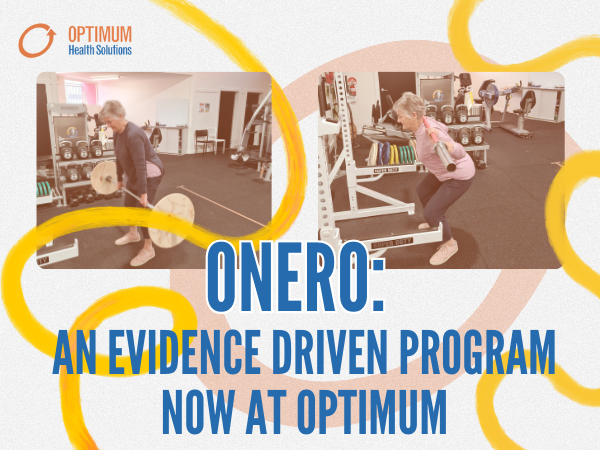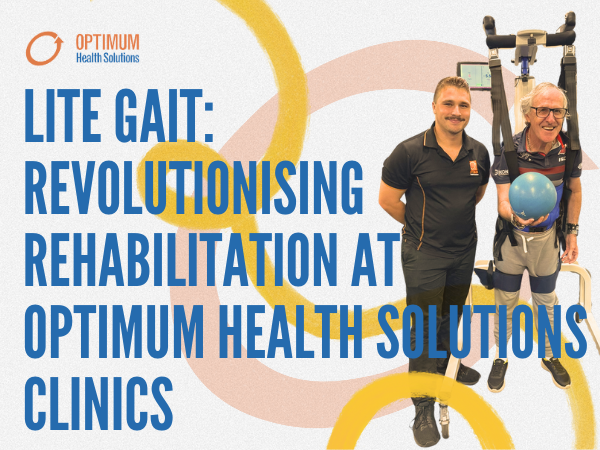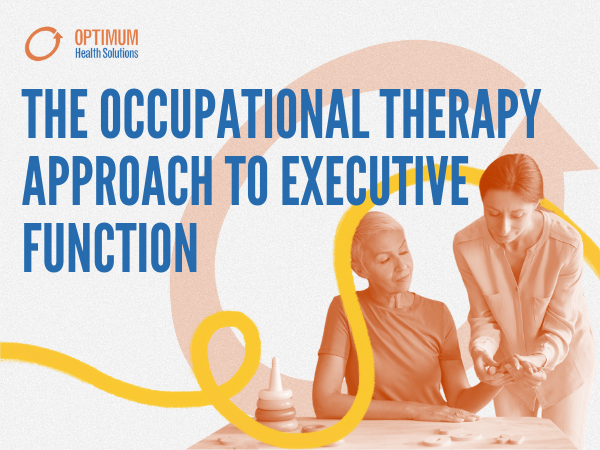Modifying your lifestyle approach
This is a great time of year to think about really embarking on a lifestyle change, or continuing to form those life-long habits. As Exercise Physiologists, we try to encompass the whole picture, that is performing regular exercise, whether that be exercising in the gym, walking, swimming, or just being active in day-to day-life as much as possible. We encourage eating nutritious, wholesome foods and reducing stress where possible. However, an equal amount of responsibility lies with the individual as it does with the Exercise Physiologist (or Dietician) to really make this change. We really try to implement a lifestyle change, rather than just doing one or two sessions a week, with no further thought to it.
A lifestyle approach involves the individual taking on an active role, rather than a passive one. This includes making a concerted effort to increase both incidental and structured physical activity. The human body was meant to move and due to our modern lifestyles, our sedentary behavior has become somewhat accepted.
Research has linked too much sedentary behavior with cardiovascular problems, poor posture, muscle imbalances and poor concentration. Sitting for long periods means muscles do not contract, which affects the arteries’ ability to pump blood back to the heart. For some people, this can cause decreased blood flow to the extremities.
Posture is something that most people would say they need to improve, when sitting down for long periods. Incorrect posture can cause undue stress to the spine, intervertebral discs, and muscles. It may ultimately lead to postural imbalances which may increase your risk of an injury.
Hunching forward and rounded shoulders can affect the lungs’ abilities to contract properly, which reduces the amount of oxygen entering your body and brain. This in turn can impact on your ability to concentrate. The message here is to get up and move as often as possible. Even walking around for a few minutes can have a positive impact on the abovementioned issues.
To achieve improved health, one needs to be active in some form every day. This can be different for each person, which is why qualified Exercise Physiologists can prescribe the most appropriate form of activity for you – inside and outside of the gym.
If you want more guidance about how to be more active each day, speak to your Exercise Physiologist, who can prescribe the most appropriate activity for you.
The question I want to leave you with is:
What are you doing to improve your health?








